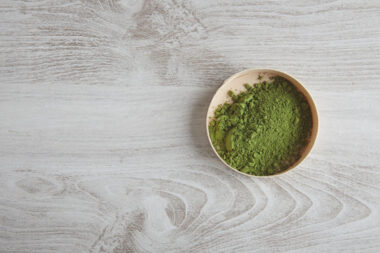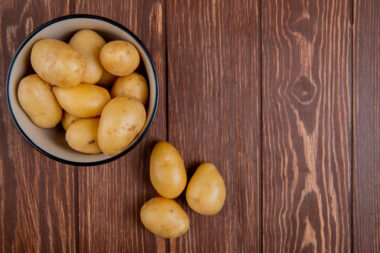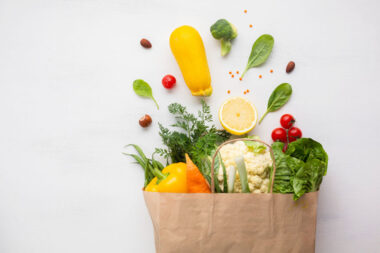Remember when grandma told you to sip hot lemon whenever you started to feel under the weather? No matter where you are in the world, all grandmas seem to have the same advice. Well, there is some truth to it. Grandma’s remedy goes far beyond soothing our sore throats.
Nutrition and immunity have long been hot topics for discussion among scientists. Vitamin C, for example, plays a role in alleviating symptoms and shortening the duration of respiratory infections. It aids our immune cells to fight off infections by increasing the production of certain chemicals, called cytokines and antibodies. It also reduces oxidative stress that holds back the optimal performance of our immune system.
Vitamin C is present naturally in lemons and oranges, but the latest research recommended that vitamin C be taken as a supplement tablet for the treatment of the common cold with a dose of 700–800 mg per day, which is much higher than the daily intake recommended by the National Health Institute (NIH) in the US.
From 2020 onwards, COVID-19 became a trendy topic for researchers, adding another piece to the puzzle of diet and infections. A study conducted in the UK showed that vegetables and coffee bestow some protection against COVID-19 infection, while consumption of processed meat might have the opposite effect. Another French study revealed that deficiencies of zinc, selenium, iron, and vitamins A, B, C, and D increase the odds of death among COVID-19 patients.
The French study used an existing database that has been regularly surveying participants about their 24-hour dietary habits once every 6 months for years. Almost 8000 participants were included in the study. Then, participants who had reported their diets were invited to do a COVID-19 antibody test. The study revealed that fruits and vegetables decreased the chance of infection, especially if they were consistently part of one’s diet.
On the other hand, high consumption of dairy products, such as milk and cheese, was found to increase susceptibility to infections. The study also found that a range of vitamins, including vitamins B9, C, and K, and fibers protect against COVID-19. This comes as no surprise since vitamins K and B9 are present in abundance in green leafy vegetables, like broccoli and spinach, and almost all fruits and vegetables are rich sources of fiber.
All these vitamins and fibers have long been studied to understand why and how they enhance our immunity. For one thing, dietary fibers produce a certain kind of fatty acids, called short-chain fatty acids (SCFAs), which creates an environment favorable for the growth of beneficial microbes in our digestive system. Both fatty acids and harmless microbes help our immune system to mount a stronger response against microbial invaders.
The full picture of how diet affects our immunity is yet to be entirely elucidated. But it is clear that certain vitamins, minerals, and fibers present in fruits and vegetables are essential to our immune system. So is Grandma’s advice.
Image Credit: BillionPhotos

Sari is a medical doctor, health writer, and specialist in global health, who has been involved in skincare research and studies for a long time.







































I am a firm believer that diet plays a major role in our immunity. This is a great article that outlines what I like to tell my followers as well.